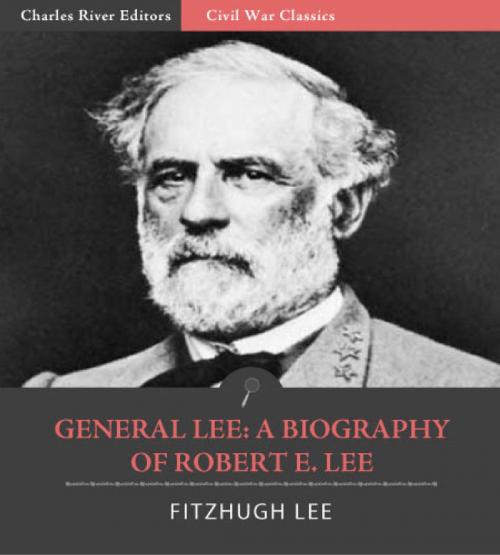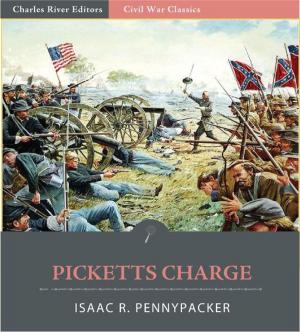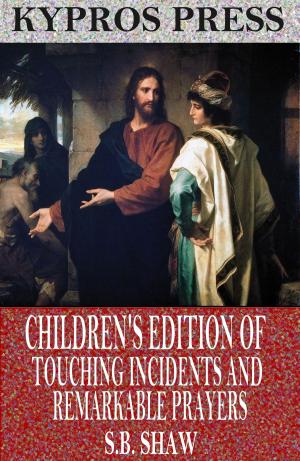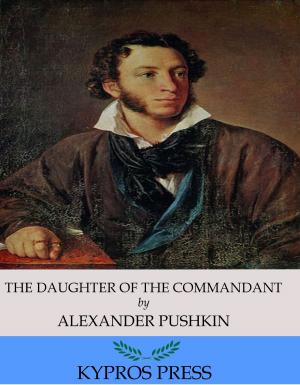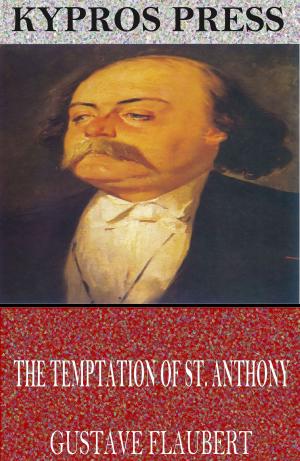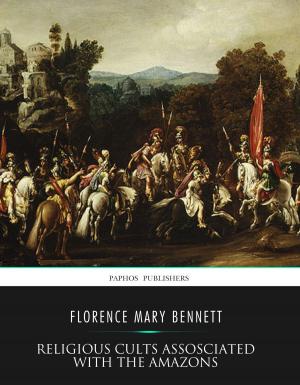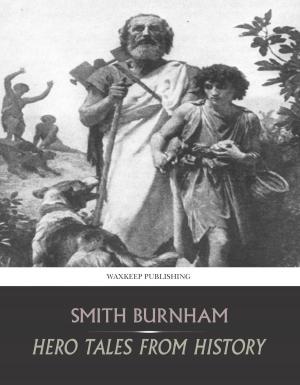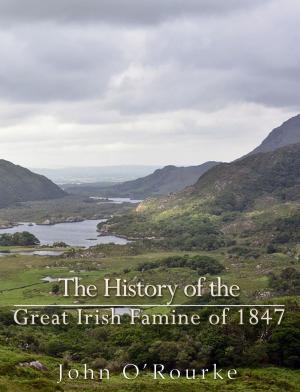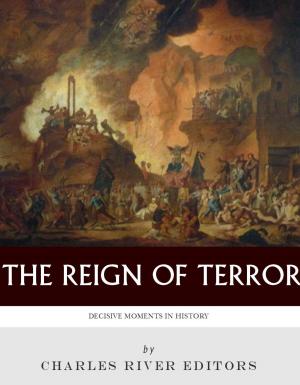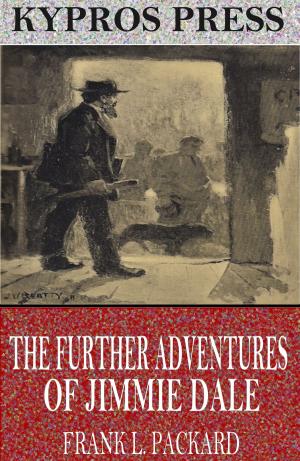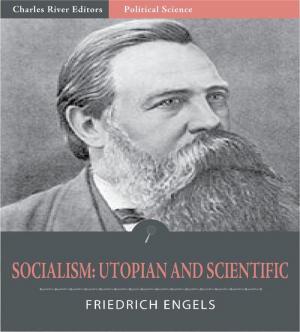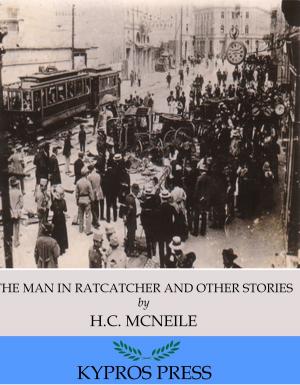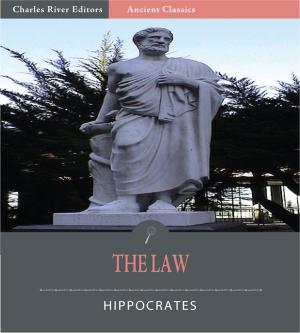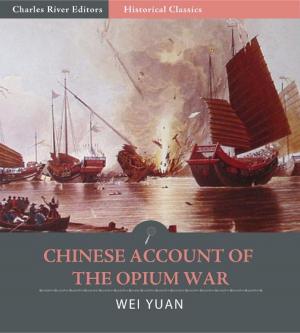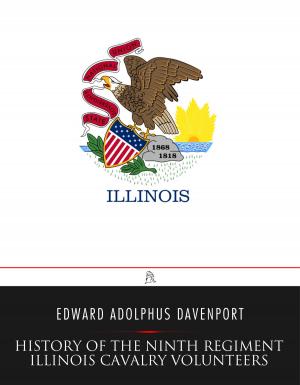General Lee: A Biography of Robert E. Lee (Illustrated Edition)
Nonfiction, History, Americas, United States, Civil War Period (1850-1877), 19th Century, Biography & Memoir, Historical| Author: | Fitzhugh Lee | ISBN: | 9781619822047 |
| Publisher: | Charles River Editors | Publication: | February 1, 2012 |
| Imprint: | Language: | English |
| Author: | Fitzhugh Lee |
| ISBN: | 9781619822047 |
| Publisher: | Charles River Editors |
| Publication: | February 1, 2012 |
| Imprint: | |
| Language: | English |
Fitzhugh Lee (November 19, 1835 April 28, 1905) was a cavalry officer for the Confederacy, the Governor of Virginia, and later a general in the Spanish-American War, fighting for the country that he had fought against over 30 years earlier. While all of this would be enough to earn him distinction, he is remembered primarily today for being the nephew of General Robert E. Lee, as well as one of his most vocal defenders and supporters. Fitz Lee wrote several works about the Civil War that, along with other generals like Jubal Early, helped form the basis for the Lost Cause and helped create the reputation of reverence for Robert E. Lee that is still widely held today. In addition to deifying Robert E. Lee, Fitz Lee, Early, and other authors like them often clashed with former Confederate comrades like James Longstreet, who either were not Virginian or had been critical of Robert E. Lee themselves. Debates between the men persisted into the 20th century, and theyre partially responsible for memoirs like James Longstreets From Manassas to Appomattox. In General Lee, Fitzhugh Lee covers his uncles life and career before and after the Civil War, but not surprisingly the most interesting part of the book deals with the war itself. Readers will quickly understand that Fitzhugh Lee holds his uncle above reproach, casting blame elsewhere for battles like Gettysburg. It is still a valuable resource today for understanding the Lost Cause mentality, and the manner in which hero worship of General Lee developed. This edition of Fitzhugh Lees biography is specially formatted with a Table of Contents and illustrated with pictures of Lee and other important generals of the war.
Fitzhugh Lee (November 19, 1835 April 28, 1905) was a cavalry officer for the Confederacy, the Governor of Virginia, and later a general in the Spanish-American War, fighting for the country that he had fought against over 30 years earlier. While all of this would be enough to earn him distinction, he is remembered primarily today for being the nephew of General Robert E. Lee, as well as one of his most vocal defenders and supporters. Fitz Lee wrote several works about the Civil War that, along with other generals like Jubal Early, helped form the basis for the Lost Cause and helped create the reputation of reverence for Robert E. Lee that is still widely held today. In addition to deifying Robert E. Lee, Fitz Lee, Early, and other authors like them often clashed with former Confederate comrades like James Longstreet, who either were not Virginian or had been critical of Robert E. Lee themselves. Debates between the men persisted into the 20th century, and theyre partially responsible for memoirs like James Longstreets From Manassas to Appomattox. In General Lee, Fitzhugh Lee covers his uncles life and career before and after the Civil War, but not surprisingly the most interesting part of the book deals with the war itself. Readers will quickly understand that Fitzhugh Lee holds his uncle above reproach, casting blame elsewhere for battles like Gettysburg. It is still a valuable resource today for understanding the Lost Cause mentality, and the manner in which hero worship of General Lee developed. This edition of Fitzhugh Lees biography is specially formatted with a Table of Contents and illustrated with pictures of Lee and other important generals of the war.
